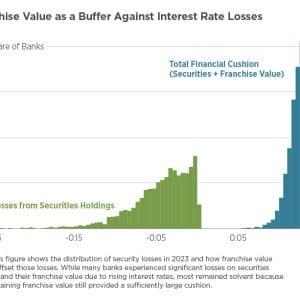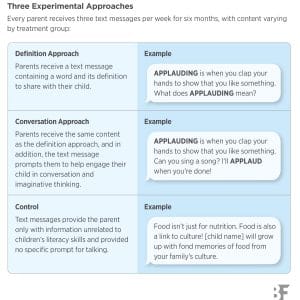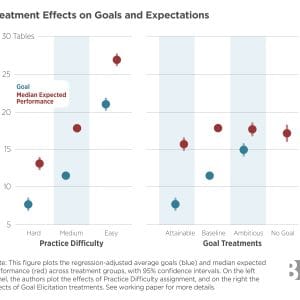- About
- Network
- Research Initiatives
- Big Data Initiative
- Chicago Experiments Initiative
- Health Economics Initiative
- Industrial Organization Initiative
- International Economics and Economic Geography Initiative
- Macroeconomic Research Initiative
- Political Economics Initiative
- Price Theory Initiative
- Public Economics Initiative
- Ronzetti Initiative for the Study of Labor Markets
- Socioeconomic Inequalities Initiative
- Research Initiatives
- Scholars
- Research
- Economic Shocks and Healthcare Capital InvestmentsMichael R. Richards, Maggie Shi, and Christopher M. WhaleyHow Costly Are Business Cycle Volatility and Inflation? A Vox Populi ApproachDimitris Georgarakos, Kwang Hwan Kim, Olivier Coibion, Myungkyu Shim, Myunghwan Andrew Lee, Yuriy Gorodnichenko, Geoff Kenny, Seowoo Han, and Michael Weber
- Events
Upcoming Events
- Insights
BFI Videos
BFI Youtube Channel
- News










